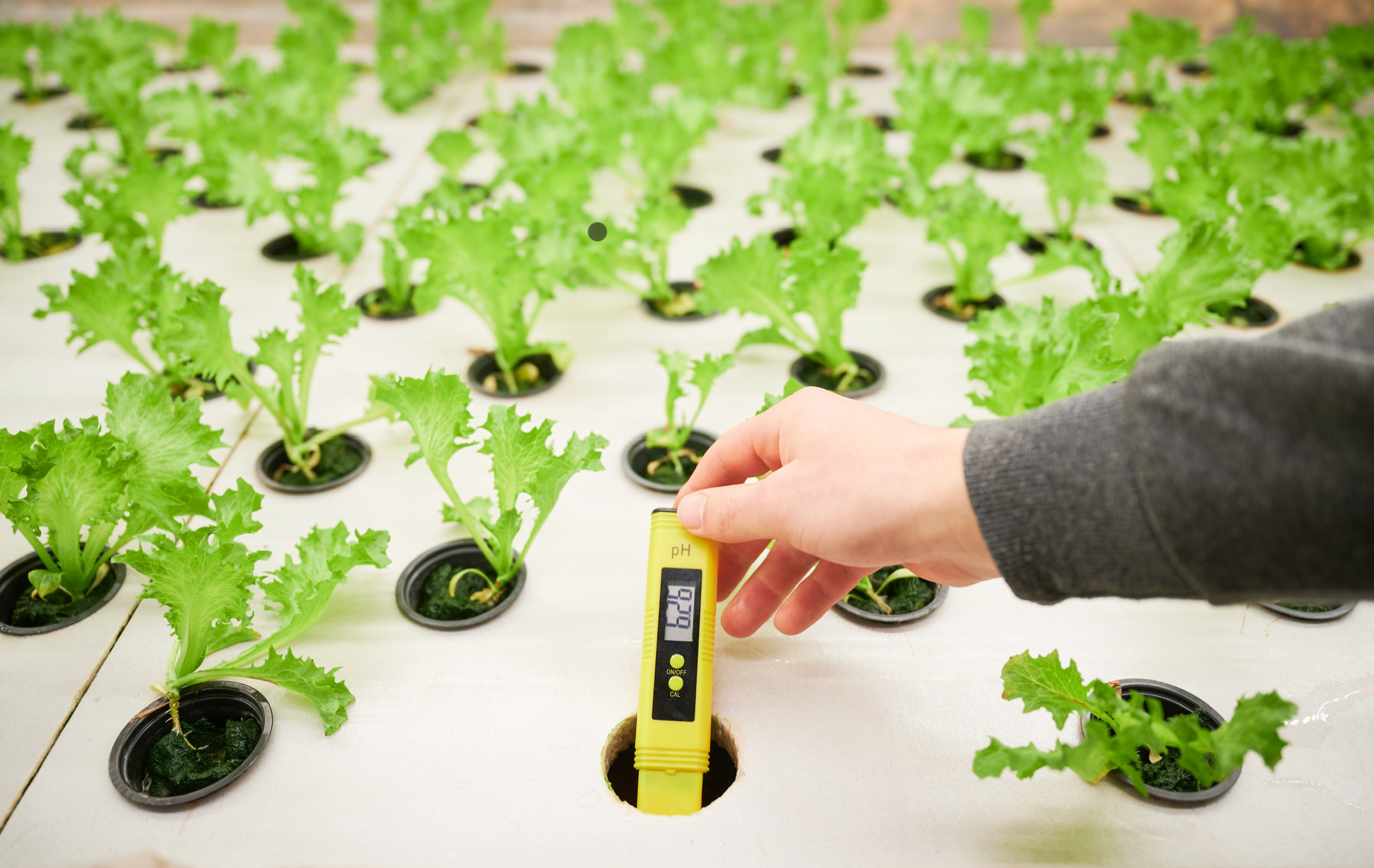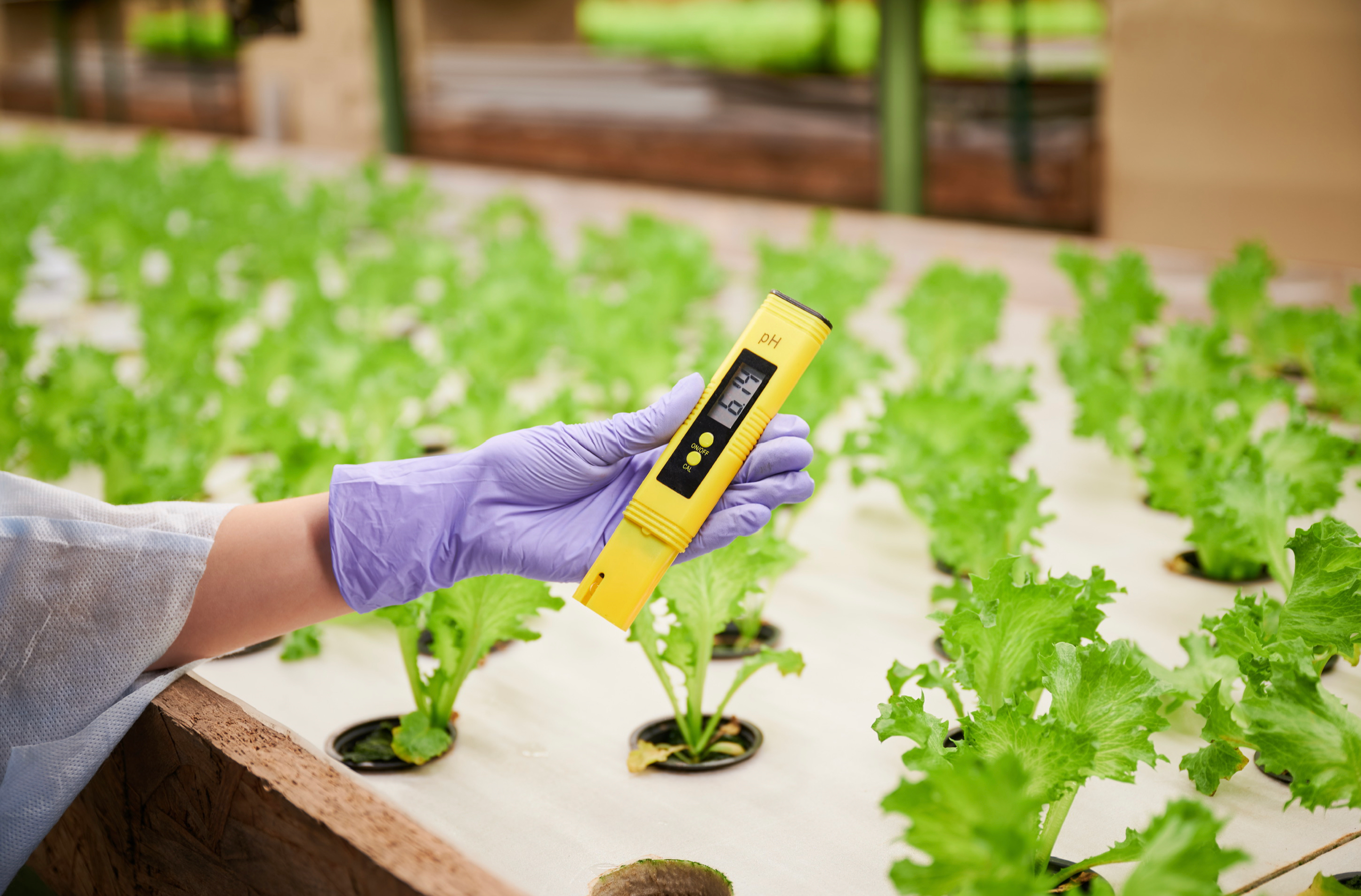Exploring The Advantages of Hydroponics

The Advantages of Hydroponics: Practical and Environmental
If you have a backyard with some dirt in it, you might be wondering what the advantages of hydroponics are. Why not just grow vegetables in dirt? It’s free! Plants like to grow in dirt, right?

Plants developed over millions of years to grow in dirt. But in nature, soil replenishes itself. When a plant drops its leaves or dies in the winter, those parts compost and add fresh nutrients to the soil. Insects and worms churn up and aerate the soil. Unless you, the grower, are adding lots of compost and nutrients to the soil each year, it is probably pretty depleted after just growing a garden for one or two years.
This is where hydroponics has the advantage, and here is why.
Fresh Nutrients: Hydroponically grown plants always have access to complete nutrients and plenty of water. The grower doesn’t need to worry about amending the soil or trying to figure out what the soil needs.
Less Space: You can grow more plants in a smaller space hydroponically. When plants aren’t competing for nutrients, they can be grown closer together (however, you must be sure not to crowd them. Hydro plants can get huge.)
Indoors or Outdoors: Hydroponic plants thrive under grow lights which makes them perfect for growing indoors. An entire hydro herb garden can be grown in a corner of your kitchen.
Lots of Configurations: There are many different shapes and sizes of hydroponic systems. By choosing something vertical or interestingly shaped, your garden can become art.
No Weeds: Unlike in soil, hydroponic plants don’t have to compete with weeds. Plus, the grower doesn’t need to spend time pulling weeds in the garden.
No Bending Down: Hydroponic systems are usually raised. You don’t have to bend down to pick your produce.
There are also environmental benefits to growing hydroponically.
Less Water: Even though hydroponic plants are grown in water, hydroponics actually uses less water than conventional farming. So much irrigation water is lost either to evaporation (in the case of overhead sprinklers) or just disappears into the soil (drip irrigation.) Hydro water is contained in a reservoir, and all of it goes directly to the plant. No water is lost. That is one of the reasons why hydroponic growing is so popular in desert climates.
No Herbicides: Since hydro systems don’t get weeds, there is no need for harmful herbicides to kill unwanted weeds.
More Crops with Less Space: With hydroponics, we can get fresh produce to more people in less space. Vertical gardens allow growers to stack rows of greens like kale, spinach and lettuce.
While hydroponics is a fun and interesting hobby, it is also one of the tools for future farming in a changing environment.
For more great content check out the Proponics YouTube channel below!





